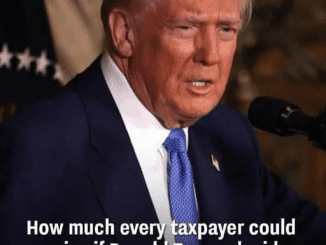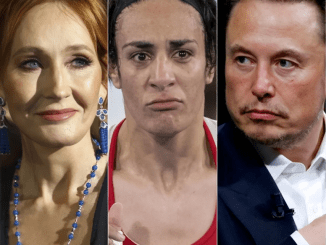As our world becomes increasingly digital, the intersection of technology and policy is becoming more evident. One recent example of this convergence was seen when tech billionaire Elon Musk and members of the GOP huddled at the Capitol to discuss turning DOGE cuts into law. This move raised eyebrows across the political spectrum, as it highlighted the influence that prominent figures in the tech industry can have on shaping legislation. The meeting, which took place in the ornate halls of the Capitol building, was a striking display of the power dynamics at play in today’s society. Musk, known for his role in founding companies such as Tesla and SpaceX, has also been a vocal advocate for cryptocurrencies like Dogecoin (DOGE). The decision to bring him into discussions about legislation related to DOGE cuts underscored the growing importance of digital currencies in the global economy.

For those unfamiliar with Dogecoin, it is a digital currency that started as a joke but has since gained a following due to its low transaction fees and fast processing times. Its value has surged in recent years, making it an attractive option for investors and businesses alike. However, the volatile nature of cryptocurrencies has also raised concerns about their impact on traditional financial systems. During the meeting at the Capitol, Musk and GOP members discussed the potential benefits of adopting policies that would support the use of Dogecoin in various sectors of the economy. Proponents of this move argue that embracing digital currencies can spur innovation and create new opportunities for economic growth. They point to countries like El Salvador, which recently made Bitcoin legal tender, as a model for how digital currencies can be integrated into the mainstream economy.

However, critics of the meeting have raised concerns about the influence that tech moguls like Musk can have on the legislative process. They argue that decisions about financial policy should be made by elected officials who are accountable to the public, rather than by wealthy individuals with their own vested interests. The fact that Musk, a private citizen, was involved in discussions about turning DOGE cuts into law raised questions about transparency and democratic governance. In response to these criticisms, Musk defended his participation in the meeting, stating that he was simply offering his expertise on cryptocurrencies and their potential impact on the economy. He emphasized the need for collaboration between the public and private sectors to ensure that policies are effective and beneficial for all stakeholders. The GOP members present at the meeting echoed this sentiment, noting that engaging with industry leaders like Musk can help inform their decision-making process. As the meeting concluded and the participants dispersed, the future of Dogecoin and its potential role in legislation remained uncertain. The discussions that took place at the Capitol underscored the complex interplay between technology, finance, and government, and raised important questions about how best to navigate this rapidly changing landscape. Only time will tell how these conversations will shape the future of digital currencies and their place in our society.


